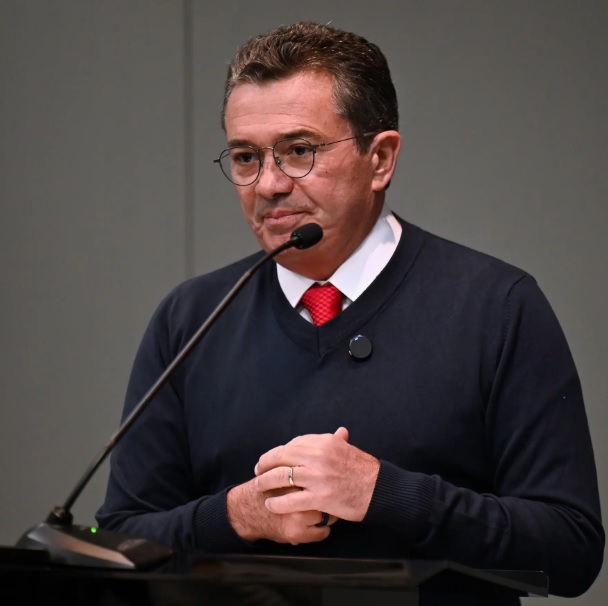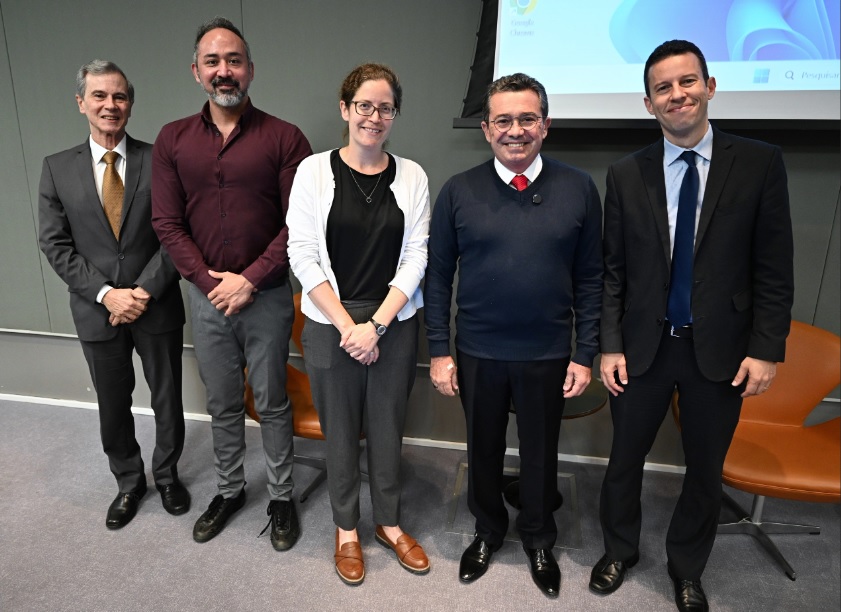TCU and University of Oxford Launch Week of Discussions on Poverty
Initiative marks progress in the Court’s effort to develop its own methodology for measuring poverty
By Secom / Serint

On July 14, the Brazilian Federal Court of Accounts (TCU) launched a week-long series of activities focused on advancing the understanding of poverty in all its dimensions. The opening lecture was delivered by Corinne Mitchell, Executive Director of the Oxford Poverty and Human Development Initiative (OPHI), a leading research centre at the University of Oxford recognized worldwide for its work on poverty measurement. The event kicks off TCU’s broader initiative to develop a methodology capable of more accurately linking public spending to changes in poverty levels in Brazil.
 In his opening remarks, the President of the TCU, Minister Vital do Rêgo, emphasized the significance of the collaboration with the University of Oxford. “We are preparing to show the world that poverty reduction must be guided by science — but also by compassion. A multidimensional perspective on poverty aligns with several of TCU’s strategic priorities. We are globally recognized for our work in oversight and innovation, as demonstrated with the ClimateScanner, and we are now proud to be taking the lead on this urgent agenda as well,” he stated.
In his opening remarks, the President of the TCU, Minister Vital do Rêgo, emphasized the significance of the collaboration with the University of Oxford. “We are preparing to show the world that poverty reduction must be guided by science — but also by compassion. A multidimensional perspective on poverty aligns with several of TCU’s strategic priorities. We are globally recognized for our work in oversight and innovation, as demonstrated with the ClimateScanner, and we are now proud to be taking the lead on this urgent agenda as well,” he stated.
Titled “Why Multidimensional Poverty?”, Corinne Mitchell’s lecture explored how poverty goes beyond a lack of income and includes deprivations across multiple dimensions of life, such as health, education, sanitation, nutrition, safety, and freedom. She noted that since 1985, the availability of data on household income and expenditures has grown significantly. Thanks to technological advancements, this data can now be processed in real time to better inform public policy.

Mitchell emphasized that money alone does not guarantee better living conditions if not invested in public goods. “In some places, families receive remittances from relatives abroad, but still lack access to quality schools, healthcare, and basic infrastructure. Even households with above-average incomes can be deprived of essential rights,” she explained. She cited the example of a community in Bangladesh, where many residents work in the United Kingdom and send money home, yet local families continue to live in extreme vulnerability.
Her presentation also drew on findings from the World Bank’s “Voices of the Poor” project, which compiles first-hand accounts from people living in poverty around the world. “I’m afraid they’ll kill my son over something as trivial as a snack,” said one Brazilian woman. These testimonies show how poverty manifests in different settings and affects both the structural and emotional aspects of life.
According to Mitchell, even the United Nations' 2030 Agenda identifies the eradication of poverty in all its forms and dimensions as the greatest global challenge and a vital condition for sustainable development.
Beyond the lecture, he week’s agenda includes debates, workshops, and panel discussions with national and international experts. The initiative is part of TCU’s ongoing efforts to develop its own methodology for assessing poverty in Brazil, integrating both qualitative and quantitative evidence to improve the monitoring of public policies.
The full program is available [here].
